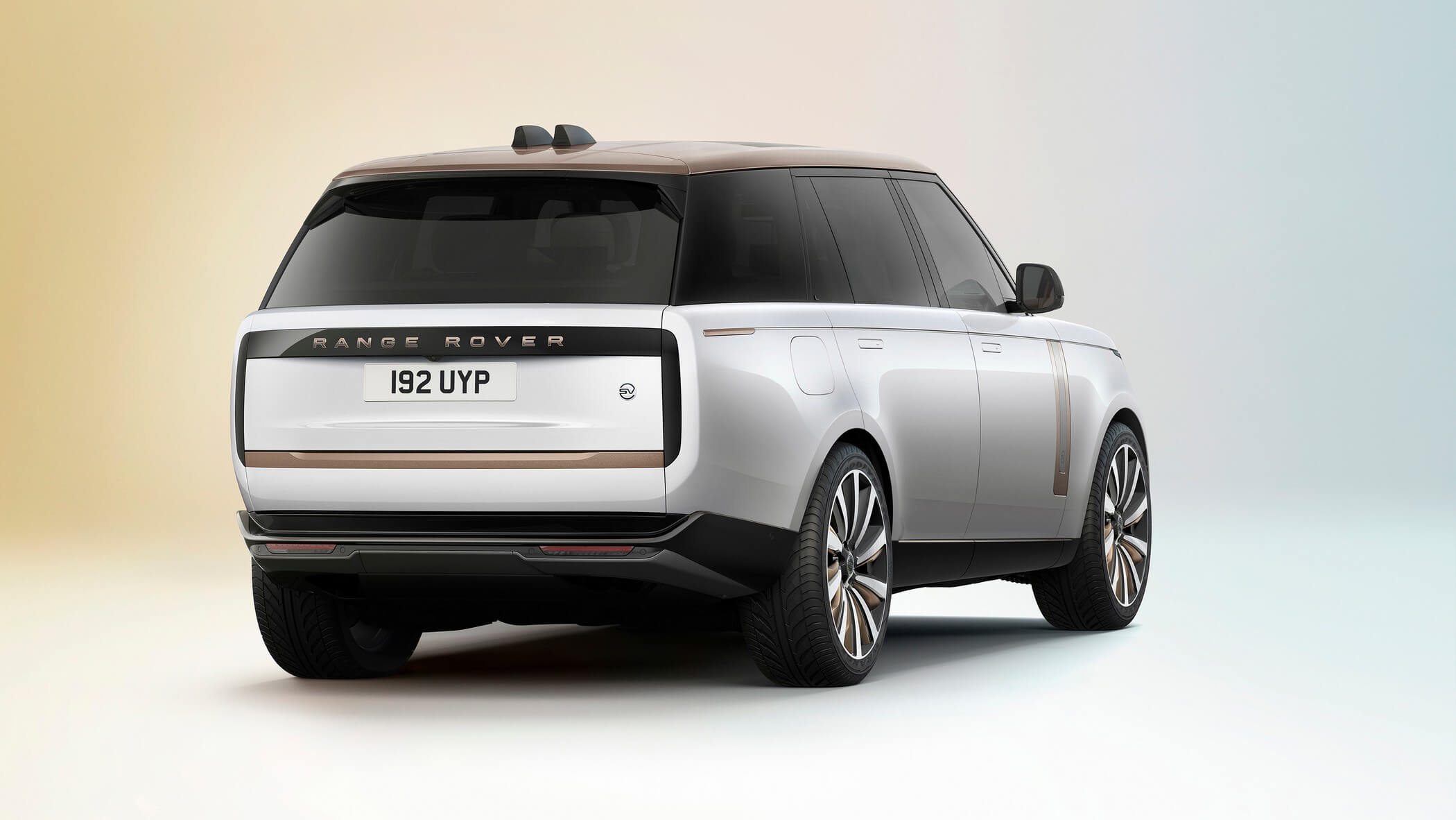The all-new, fifth-generation Range Rover debuted yesterday with two plug-in hybrid powertrains and the promise of a fully electric version scheduled to come out in 2024. While just about everyone assumed it would be only a battery-powered EV, that might not be the case. In an interview with British magazine Autocar, Land Rover program director Nick Miller did not rule out the possibility of a fuel cell version as well.
He explained the Modular Longitudinal Architecture underpinning the 2022 Range Rover has been developed to accommodate a hydrogen powertrain. As you may recall, MLA was initially programmed to debut with the next-generation Jaguar XJ electric sedan, but the fullsize luxobarge was canceled right before its official premiere. Land Rover now says that aside from gasoline/diesel mild-hybrid engines, plug-in hybrids, and battery-powered EVs, the platform can also be used for a fuel cell electric vehicle.
The Tata Motors-owned company is no stranger to hydrogen as it’s already testing a Defender prototype fitted with a fuel cell. In the coming months, Land Rover is expected to take the wraps off a drivable concept to demonstrate the advantages a hydrogen-fueled vehicle offers over an equivalent EV powered by batteries.

FCEVs do indeed provide a longer range than a battery-electric car and can be refilled in only a few minutes, comparable to a car fitted with a combustion engine, but the lack of infrastructure is a big problem that’s unlikely to be resolved in the near future. It’s the main reason why Toyota is selling the second-generation Mirai only in select markets where there are enough charging stations.
These EVs, whether they have batteries or a fuel cell, are part of Land Rover’s greater plan to reach zero emissions as early as 2036. Meanwhile, no fewer than six electric models – including the Range Rover EV – are coming in the next five years, with Jaguar becoming a purely electric brand from 2025.
Source: Autocar
